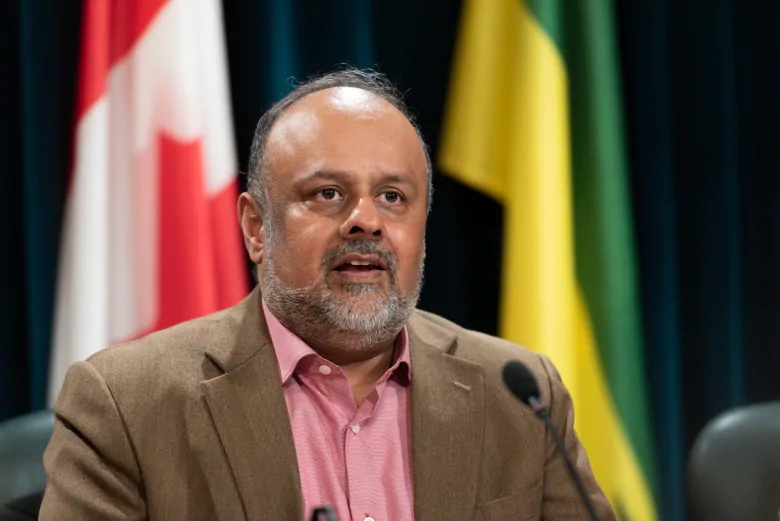If you have symptoms of the illness caused by the coronavirus — including cough, fever and difficulty breathing in adults, or a runny nose, sore throat and diarrhea in children — here’s what to do.

If you have symptoms of COVID-19, the illness caused by the coronavirus, the first step is to contact your health-care provider or local public health agency by email or telephone.
They’ll be able to tell you if you’re eligible for testing in your area. Most provinces and territories are restricting testing to those who have been exposed to people who have a confirmed or presumptive case, or have returned from travelling to an affected area.
Do not show up unannounced at a clinic or hospital. However, if you have a sharp turn in your condition, including shortness of breath, call 911 or your local emergency number.
The symptoms for adults include:
- Fever.
- Cough.
- Difficulty breathing.
- Pneumonia in both lungs (diagnosed through a chest X-ray).
But for children the illness can manifest differently, with the following symptoms:
- Runny nose.
- Sore throat.
- Diarrhea.
The Public Health Agency of Canada says you must call your health-care provider or the clinic you plan to attend ahead of time to let them know you have a respiratory illness.
But again, if your condition changes suddenly, call 911 or your local emergency number. When you first arrive at an urgent care centre, describe your symptoms, travel history and any contacts with ill people so appropriate precautions can be taken.
Here’s what to do based on your province or territory.

British Columbia
The B.C. Centre for Disease Control (BCCBC) says to call your health-care provider or 1-888-COVID19-19, the province’s new dedicated coronavirus hotline, if you believe you have symptoms of COVID-19, and have been in contact with someone who is known to have the illness. The same applies if you have symptoms and have returned from — or been been in contact with someone who has returned from — an area with widespread community transmission of the illness. The BCCDC says “if you have no symptoms, mild symptoms or you are a returning traveller self-isolating at home, you do not require a test.”
You can find B.C.’s latest coronavirus updates here.
Alberta
Alberta Health Services has an online self-assessment tool that you can use to determine if you have symptoms of COVID-19. Testing is currently focused on individuals who have developed symptoms within 14 days of returning from travel outside Canada, or who have had contact with someone diagnosed with the illness. The province “strongly requests” that Albertans who have returned to Canada after March 12 self-isolate for 14 days. Unless your situation is critical and requires a call to 911, Albertans are advised to call Health Link at 811 before visiting a physician, hospital or other health-care facility.
You can find Alberta’s Health Services latest coronavirus updates here.

Saskatchewan
Saskatchewan’s 811 HealthLine has been overwhelmed, but the province said Monday the service will be enhanced with 500 new lines to increase capacity. Meanwhile, the province launched an online assessment tool to help people assess whether they need medical attention and testing.
Dedicated testing facilities have been set up in Regina, Saskatoon and Prince Albert, but they’re not open to walk-in patients. Those who fit the criteria of potential exposure, exhibit mild symptoms and suspect they have COVID-19, can obtain a referral by contacting the 811 Health Line or their family physician, or from their local Public Health Communicable Disease Control office.
You can find Saskatchewan’s latest coronavirus updates here.
You might choose to self-isolate at home if you’ve been exposed, or think you’ve been exposed, to COVID-19. Ellen Mauro explains what to do. 1:50
Manitoba
In Manitoba, you can call Health Links at 1-888-315-9257 for COVID-19 information. Wait times have been long but on March 16, Lanette Siragusa, chief nursing officer for Manito

